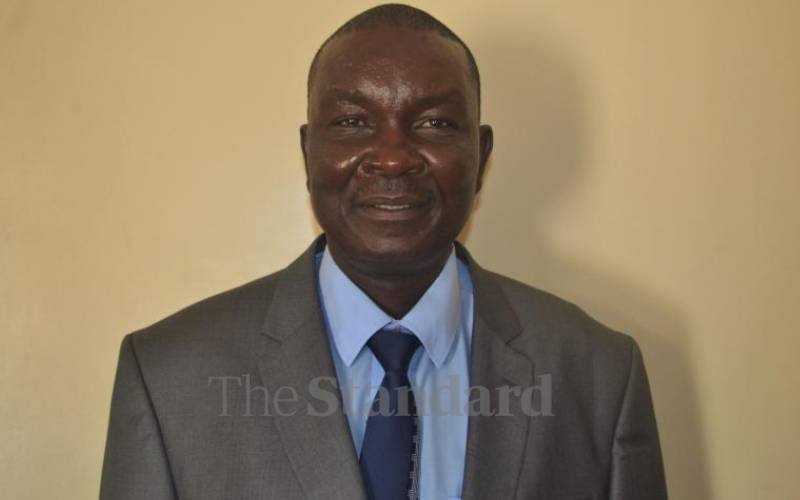×
The Standard e-Paper
Stay Informed, Even Offline

Prof Tom Ogada, executive director at the African Centre for Technology Studies. [Courtesy]
A scholarship programme seeking to nurture talent in technological research in Africa’s public universities has been launched.